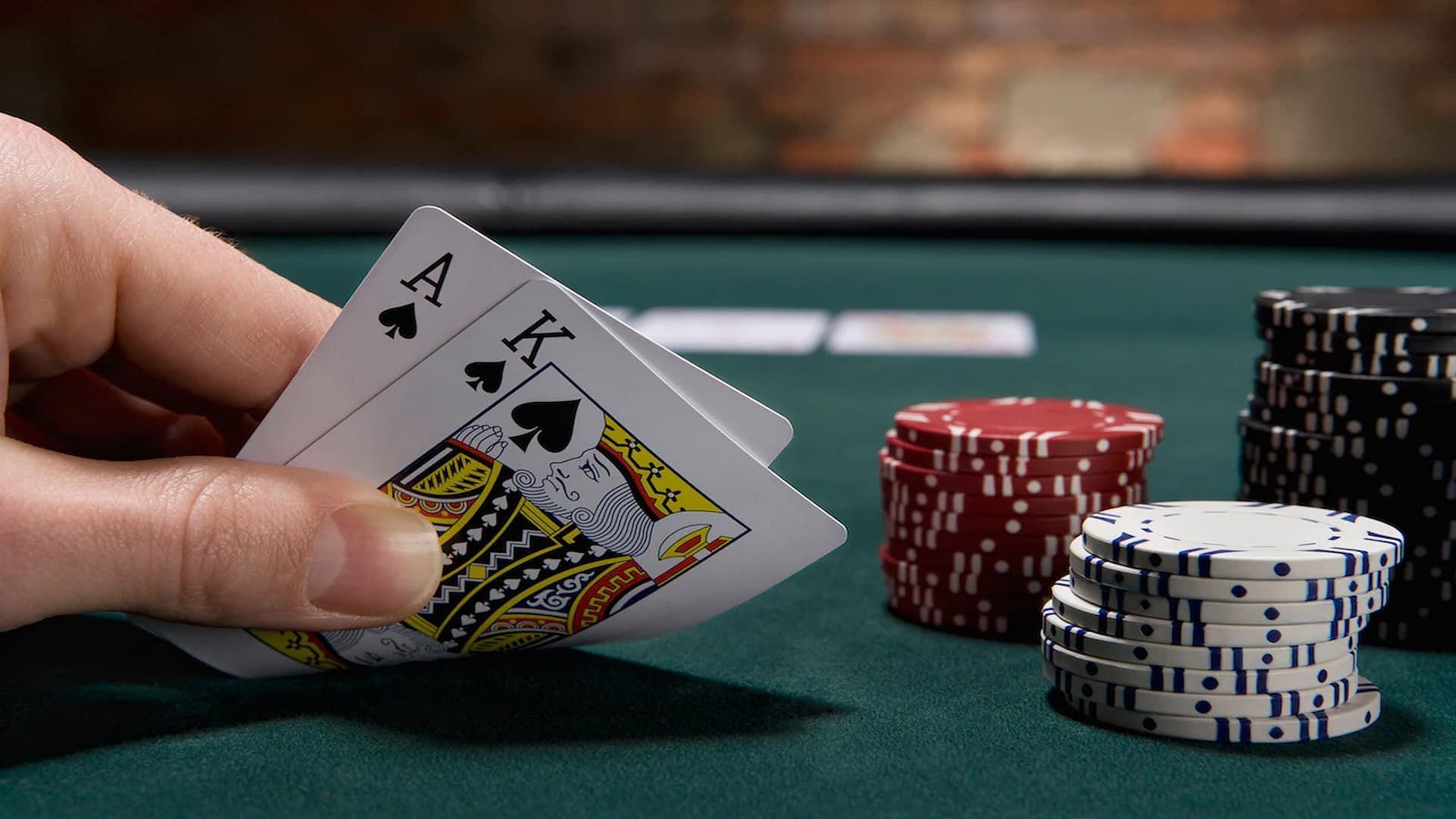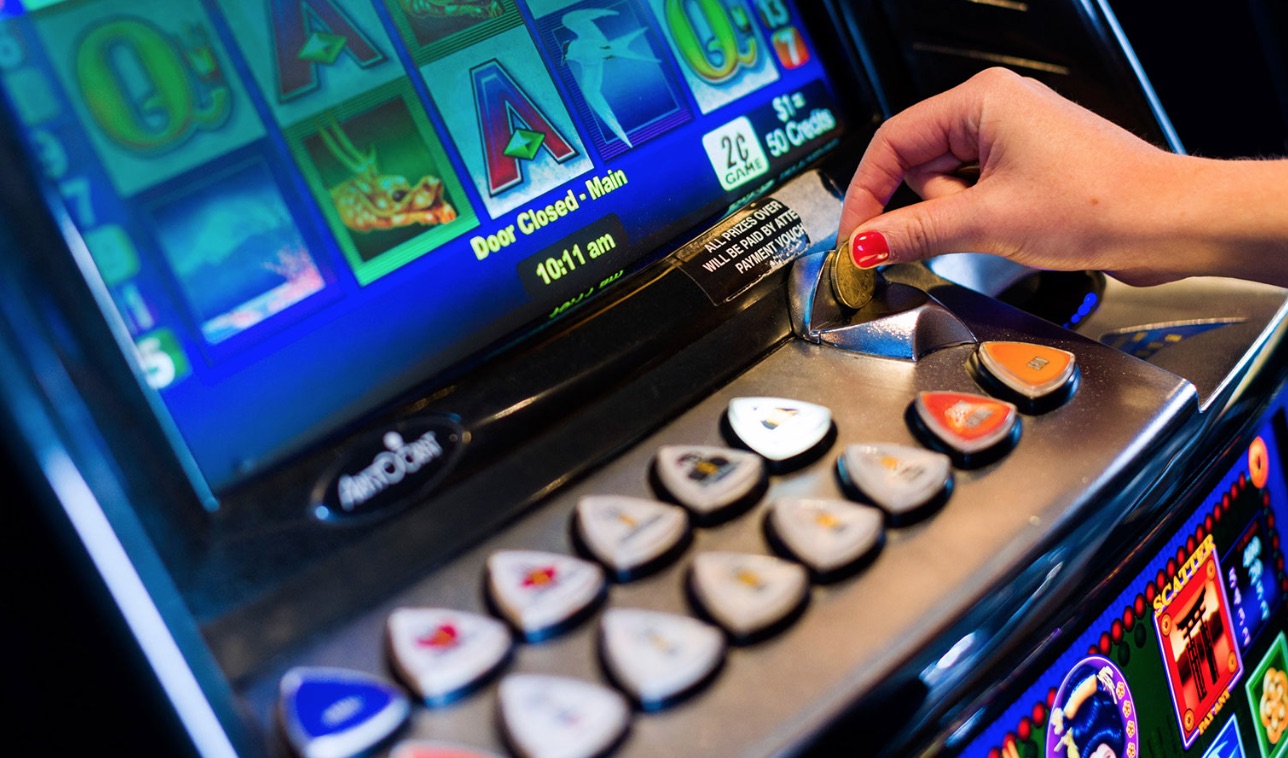Introduction
What Is Poker Equity: Poker equity is a fundamental concept in the game that refers to the mathematical share or percentage of the pot that a player can expect to win on average based on their current hand strength and the remaining cards to be dealt. It is a crucial concept that helps players make informed decisions and assess the value of their actions during a hand.
Equity is essentially a measure of a player’s chances of winning the pot in comparison to their opponents. It allows players to evaluate the expected value of their decisions and determine whether a particular play is profitable in the long run. By understanding their equity, players can make strategic choices that aim to maximize their potential winnings and minimize their losses.
Calculating poker equity involves considering factors such as the strength of a player’s hand, the community cards on the board, the number of opponents, and the possible range of hands they may have. It requires an understanding of probability and a grasp of hand rankings to assess the likelihood of different outcomes.
Having a solid understanding of poker equity enables players to make more informed decisions, including whether to call, raise, or fold in various situations. It is an essential skill that separates novice players from more experienced and successful ones on their journey to mastering the game of poker.

Why is equity important in poker?
Equity in poker is a basic principle involved with poker mathematics that helps to explain the strategy of betting when you have the best of it. By betting for value you can increase the amount of money you will be winning from each particular hand.
Equity is important in poker because it provides a numerical representation of a player’s expected value in a hand or a specific situation. Understanding and considering equity allows players to make more informed decisions based on the potential profitability of their actions. By evaluating equity, players can assess the strength of their hand relative to their opponents’ hands and determine whether to bet, call, raise, or fold. It helps players determine the optimal course of action that maximizes their chances of winning in the long run. Additionally, equity considerations are crucial in situations involving draws, where players need to assess the potential value of completing their hand compared to the current pot size and the cost of continuing in the hand. Ultimately, incorporating equity into decision-making enhances a player’s strategic approach and overall success in the game of poker.
How much equity do I need to call poker?
However, even when facing a massive overbet of 2x the pot, you will still need to have only 40% equity, which means having a flush draw and one overcard could be enough to make such a call. Always remember that some money is already in the pot, and you never need 50% equity to make a call break even.
The amount of equity you need to call in poker depends on various factors such as the size of the bet, the pot odds, and your hand’s chances of winning. Here are three key considerations related to determining the equity needed to make a call:
1. Pot Odds: Pot odds refer to the ratio of the current pot size to the cost of the call. To determine if a call is profitable, you need to compare the pot odds to the odds of completing your hand. If the pot odds are higher than the odds of completing your hand, it may be a favorable call.
2. Hand Strength: Evaluating your hand strength and its chances of improving is crucial in determining the equity needed to call. Stronger hands with higher probabilities of winning require less equity to justify a call, while weaker hands may need higher equity to make the call profitable.
3. Player-specific Factors: Consider the playing style, tendencies, and potential range of your opponents. If your opponents are known to bluff frequently or have a wide range of hands, you may require less equity to make a profitable call.
It’s important to note that the concept of equity in poker involves considering long-term profitability rather than the immediate outcome of a single hand. Therefore, a thorough understanding of the game and solid poker strategy is essential for making informed decisions about when to call based on the equity needed.
How do you realize equity in poker?
Mathematically, equity realization is typically defined as EQr = Pot-share/Equity, where pot-share is the expected percentage of the pot a hand will win according to its expected value, and equity is the raw equity of a hand if checked to showdown.
Realizing equity in poker means maximizing the value of your hand by making optimal decisions based on the equity you have in a given situation. Here are a few strategies to help you realize equity:
1. Aggressive Betting: When you have a strong hand and a good amount of equity, it’s important to bet and raise aggressively to build the pot. This allows you to extract value from your opponents and increase your potential winnings.
2. Proper Hand Reading: By accurately assessing your opponents’ likely hand ranges, you can make more informed decisions and take actions that maximize your equity. This involves paying attention to their betting patterns, position, and previous actions.
3. Pot Control: In situations where your equity is not as strong, it may be wise to exercise pot control. This means taking more cautious actions to keep the pot small and minimize potential losses. It allows you to see more cards and potentially improve your hand to realize more equity later in the hand.
4. Bluffing and Semi-Bluffing: Realizing equity doesn’t always mean having the best hand. Skilled players can utilize well-timed bluffs and semi-bluffs to represent strong hands and force their opponents to fold, thus realizing equity from their bluffing range.
5. Proper Bankroll Management: Managing your bankroll effectively is crucial for realizing long-term equity in poker. By playing within your limits and avoiding excessive losses, you ensure that your equity remains intact and that you have the opportunity to capitalize on favorable situations.
Remember, realizing equity requires a combination of skill, knowledge, and decision-making. By employing these strategies and continually improving your poker game, you can increase your chances of realizing the full value of your equity in the long run.
What is equity and EV in poker?
Equity is a calculation of the value of your hand in terms of the probability that your hand will be the winner. Expected value is a calculation of the amount of money (cash game) you can win (or lose) in the hand based on a decision.
In poker, equity and expected value (EV) are both important concepts that help players make strategic decisions and assess the profitability of their actions. Here’s a brief explanation of each term:
1. Equity: Equity refers to the mathematical share or percentage of the pot that a player can expect to win on average based on their current hand strength and the remaining cards to be dealt. It represents the long-term expected value of a hand. For example, if a player has a 50% equity in a pot, they are expected to win, on average, half of the pot’s value over the long run.
2. Expected Value (EV): Expected Value is a calculation used to determine the average value of a particular decision or action in poker. It takes into account the potential outcomes and probabilities associated with those outcomes. EV is calculated by multiplying the probability of each outcome by its respective value (in chips or money), summing them up, and considering the net result. A positive EV decision is expected to be profitable in the long run, while a negative EV decision is expected to be unprofitable.
In essence, equity represents a player’s share of the pot based on their hand’s strength, while EV measures the profitability of a decision or action over the long term. Skilled players use their understanding of equity and EV to make strategic choices that maximize their potential winnings and minimize their losses in various poker scenarios.

What is denying equity in poker?
News: Poker Basics – Equity Denial
Equity denial refers to when we make our opponent fold a hand that has good equity against our hand or range. This is not a bluff, which is when we make our opponent fold the best hand. We usually have the best hand when we deny equity.
Denying equity in poker refers to taking actions or making strategic decisions that aim to prevent your opponents from realizing their potential equity in a hand. Equity represents a player’s mathematical share of the pot based on their chances of winning the hand at a given point.
Denying equity can be achieved in several ways:
1. Aggressive Betting: By making large bets or raises, you put pressure on your opponents and force them to make tough decisions. This can cause opponents with weaker hands or draws to fold, denying them the opportunity to improve their equity.
2. Well-Timed Bluffing: By bluffing effectively, you can induce your opponents to fold better hands, thus denying them the chance to realize their equity. Skilfully executed bluffs can make opponents believe they are behind in the hand and convince them to fold.
3. Strategic Hand Selection: Choosing to play strong starting hands and avoiding weaker ones reduces the chances of opponents having a higher equity against you. By selectively entering pots with strong holdings, you minimize the potential equity of your opponents’ hands.
4. Pot Control: In certain situations, you may choose to play more passively to limit the size of the pot. This can be done when you suspect your opponent has a strong hand or a significant equity advantage. By keeping the pot small, you decrease the potential value of their equity.
Denying equity is an essential aspect of poker strategy as it aims to reduce the profitability of opponents’ hands and increase your own chances of winning. It requires a combination of reading opponents, understanding hand strengths, and making well-timed tactical decisions.
What is poker equity and how is it calculated?
Poker equity refers to the mathematical value of your hand or your chances of winning the pot in a given situation. It represents the portion of the pot that belongs to you based on the strength of your hand relative to your opponents’ hands.
Calculating poker equity involves assessing the probability of winning the hand based on the current situation and the available information. Here are a few methods to calculate equity:
1. Counting Outs: Outs are the cards that can improve your hand to a winning one. By counting your outs and estimating the probability of hitting one of them on the upcoming cards, you can calculate your equity. The formula to estimate equity using outs is (number of outs / remaining cards) * 100.
2. Using Poker Software: There are various poker software programs and online tools available that can calculate equity for you. These tools consider the range of hands for you and your opponents, the community cards, and simulate numerous scenarios to determine your equity.
3. Hand vs. Range Calculation: In more advanced scenarios, you can estimate equity by considering your hand against a specific range of hands for your opponents. This involves assigning probabilities to different hand combinations and calculating the overall equity based on these probabilities.
It’s important to note that poker equity is not an exact calculation but an estimation based on probabilities. It helps guide your decision-making process and determine whether a particular action, such as calling, raising, or folding, is +EV (expected value) in the long run.
How does poker equity affect decision-making in the game?
Poker equity plays a crucial role in decision-making during a game. Understanding your equity allows you to make informed choices based on the potential profitability of a particular decision. Here are a few ways poker equity affects decision-making:
1. Hand Evaluation: Assessing your equity helps you evaluate the strength of your hand. If your equity is high, it indicates that you have a good chance of winning the pot. This knowledge can influence your decision to bet, raise, or call based on the expected value of your hand.
2. Pot Odds: Comparing your equity to the pot odds helps you determine whether a call or a bet is profitable. If your equity is higher than the required pot odds, it may be favorable to continue in the hand as you stand to make a long-term profit.
3. Bluffing and Semi-Bluffing: Understanding equity can aid in strategic bluffing. If your equity is low, you might consider bluffing as a way to win the pot by making your opponents fold. Conversely, if your equity is moderate, semi-bluffing (betting with a drawing hand) can be a profitable play.
4. Range Assessment: Evaluating equity against different hand ranges allows you to make more precise decisions. By considering the potential hands your opponents could have and their respective equity against your hand, you can adjust your strategy accordingly.
Poker equity provides a numerical foundation for decision-making in terms of profitability and expected value. It helps you weigh the potential risks and rewards, allowing you to make optimal choices throughout the game.
What strategies can be used to maximize poker equity and increase overall profitability?
To maximize poker equity and increase overall profitability, there are several strategies you can employ:
1. Hand Selection: Start by playing strong hands preflop. Focus on premium hands like pocket pairs, high-suited connectors, and strong broadway cards. Playing fewer, but stronger, hands increases your overall equity and reduces the chances of being dominated.
2. Positional Awareness: Position is crucial in poker. Play more aggressively and widen your range when you have a strong position, such as being on the button or in late position. This allows you to extract more value from your hands and control the betting.
3. Aggression: Don’t be afraid to take the initiative and bet or raise when you have a strong hand. By being aggressive, you can build the pot and put pressure on your opponents, increasing your chances of winning larger pots.
4. Bluffing and Semi-Bluffing: Strategic bluffing can be an effective way to win pots, especially when your equity is low. Use your position, table image, and knowledge of your opponents to make well-timed bluffs. Semi-bluffing with drawing hands adds additional equity and allows you to win the pot even if your bluff fails.
5. Reading Opponents: Pay attention to your opponents’ betting patterns, body language, and tendencies. Look for opportunities to exploit their weaknesses and adjust your strategy accordingly. Identifying when opponents are weak or strong can help you make more accurate decisions and maximize your equity.
6. Bankroll Management: Proper bankroll management is essential for long-term profitability. Avoid playing with too large a portion of your bankroll at any given time to minimize the risk of ruin and ensure you have enough funds to sustain your poker career.
Remember, poker is a complex game, and maximizing equity and profitability requires a combination of skill, knowledge, and experience. Continuously improve your game through study, practice, and learning from your own experiences and mistakes.

Conclusion
Poker equity is a crucial concept that forms the foundation of strategic decision-making in the game. It represents a player’s mathematical share of the pot based on their hand strength and the remaining cards to be dealt. Understanding and utilizing poker equity allows players to make informed choices, assess the value of their actions, and ultimately strive for long-term profitability.
By calculating their equity, players can assess the likelihood of winning a hand and make appropriate decisions based on the expected value of those choices. It helps them determine whether a play is worth pursuing or if it is more prudent to fold and conserve their chips.
Poker equity also helps players evaluate the profitability of certain strategies, such as bluffing or making value bets. It allows them to gauge the risk-reward ratio and assess the potential outcomes of their actions.
A solid understanding of poker equity empowers players to make more precise and strategic decisions, adapt to different game situations, and increase their overall profitability in the long run. It is a vital skill that separates successful players from the rest and contributes to their continued growth and success in the dynamic and challenging world of poker.









